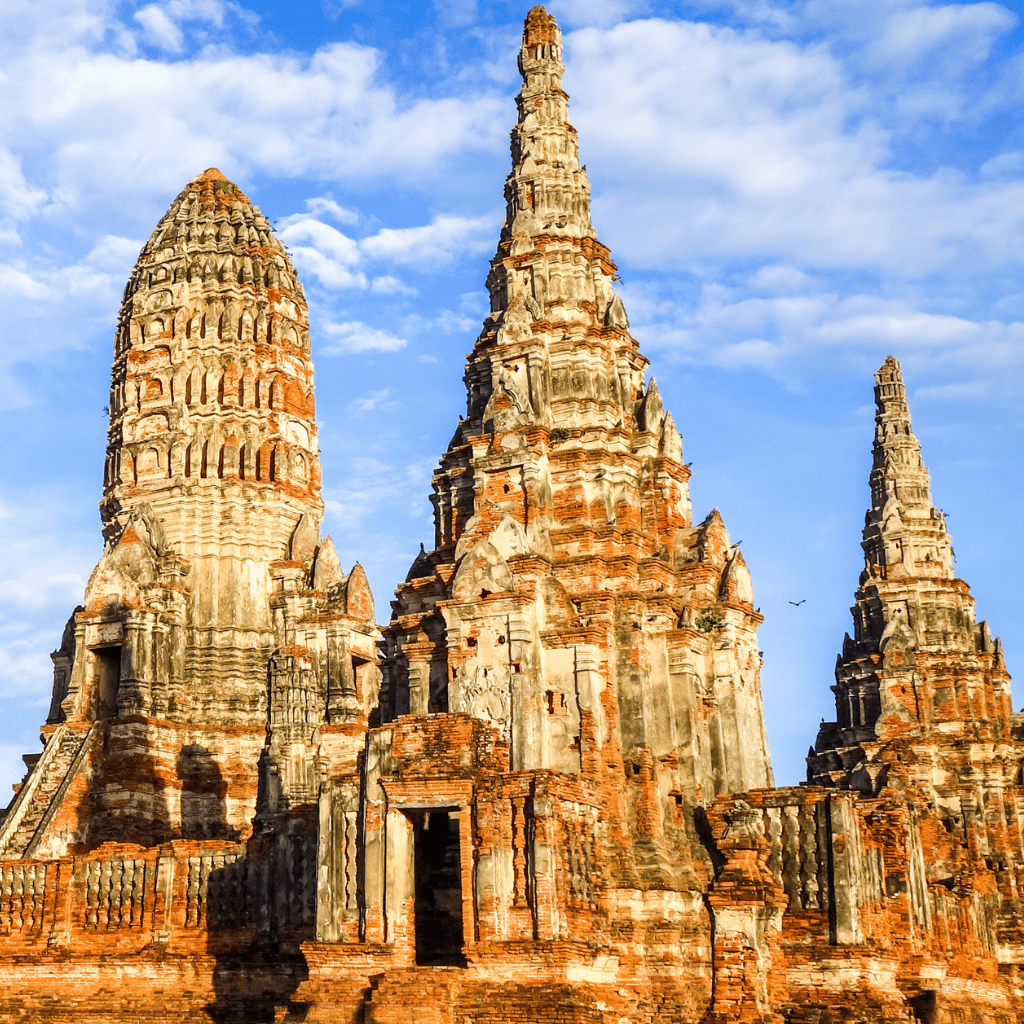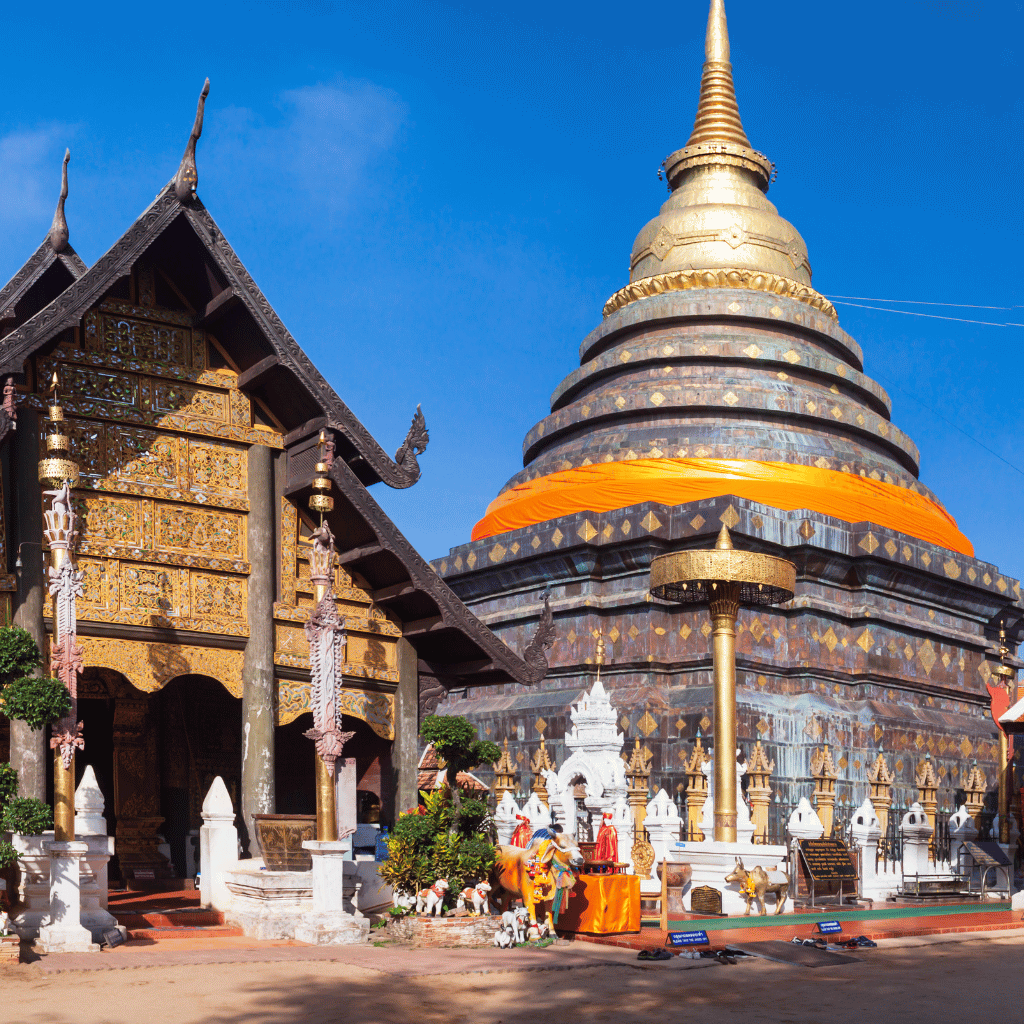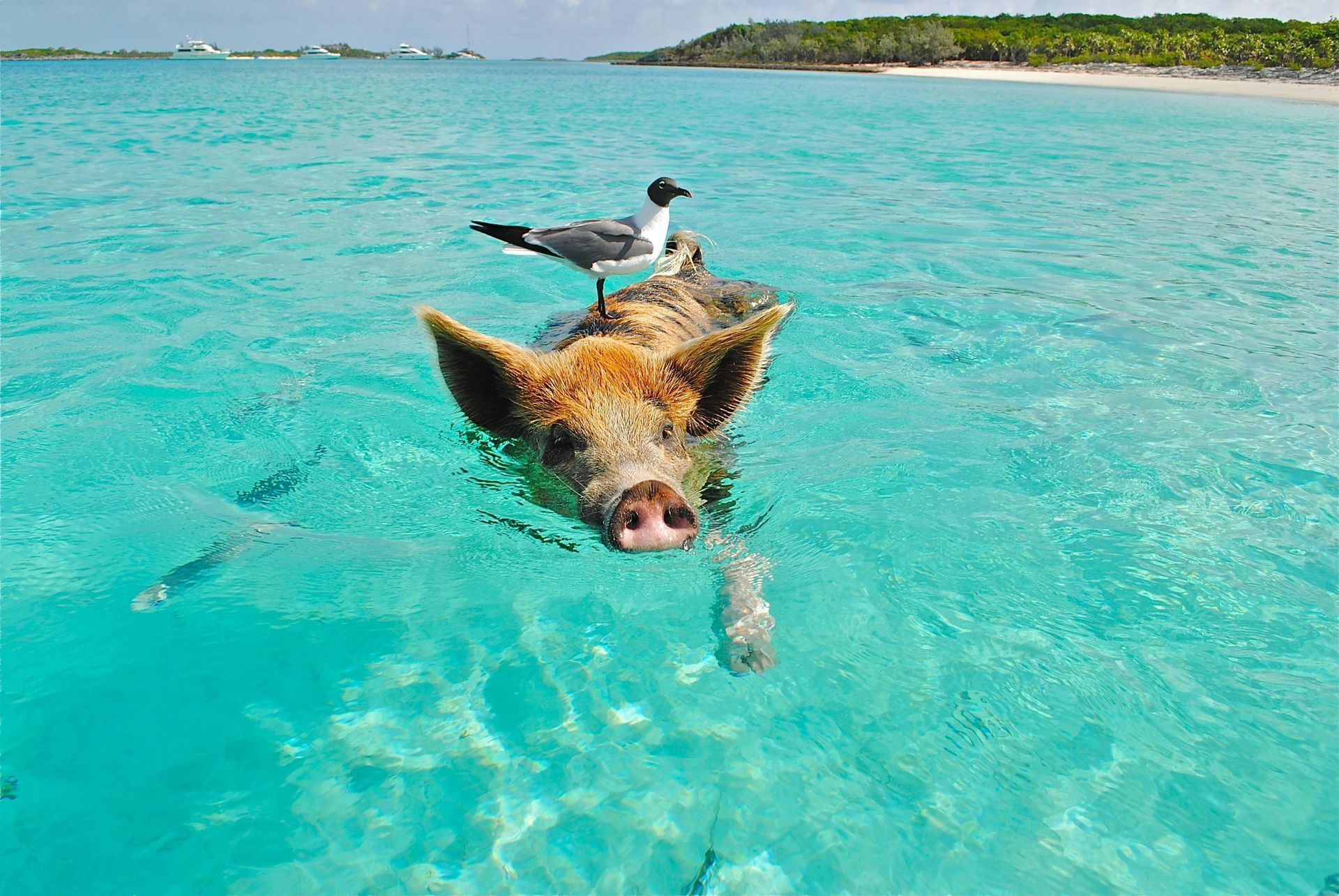Matthew's Travel Journal

What to know, what to pack, and where to go (from someone who’s lived there)
Is Thailand safe to visit?
How long should I stay?
Any cultural etiquette I should know?
A few basics go a long way, and locals really appreciate when visitors make an effort to understand Thai culture.
The Big Ones: Never touch someone's head. It's considered sacred. Your feet are the opposite. Showing people the bottom of your feet is especially disrespectful. Never use your feet to point at people or things, avoid putting your feet up on desks or chairs around others, and absolutely never point at a Buddha statue with your feet. When sitting on the floor in temples, tuck your feet to the side or behind you.
Learn the wai greeting (hands together like prayer, slight bow). Always return a wai if someone gives you one first.
Daily Interactions: Keep public displays of affection minimal—hand-holding is fine, but kissing and excessive touching make people uncomfortable.
Temple and Monk Etiquette: Cover shoulders and knees at temples, you'll be denied entry otherwise. Remove shoes before entering homes and temple shrines. Women cannot touch monks or hand them things directly, place items down for them to pick up instead.
Stay Cool: This might be the most important one: never lose your temper in public. Displays of strong emotion make everyone deeply uncomfortable. Adopt the Thai phrase "mai bpen rai" (no worries) - it's like the Thai Hakuna Matata.
Royal Family: Be respectful about anything related to the royal family. It's not just politeness, it's actually illegal to disrespect them. This includes being careful with money since it has the king's image.
What about haggling?
Expected at markets and with street vendors, it's part of the fun. Start at half their asking price and meet in the middle. Don't haggle at restaurants, convenience stores, or established shops with price tags.
Should I learn any Thai phrases?
Even a few words make a huge difference. Learn: sawasdee (hello), kop khun (thank you), kho tot kop (excuse me), tao rai kop (how much?), and mai pet (not spicy). Locals light up when you try.
Do I need a visa?
Travelers from many countries (including the US, Canada, UK, and most of Europe) can visit Thailand visa-free for up to 30 days. Always double-check current entry requirements before booking.
What vaccines do I need?
Check with your doctor, but routine vaccines (MMR, flu, etc.) plus Hepatitis A and Typhoid are typically recommended. If you're heading to rural areas, ask about Japanese Encephalitis and Malaria prevention.
Do people speak English?
Yes - in tourist areas, hotels, and restaurants. In smaller towns and local spots, less so. But a smile, a few Thai phrases, and some patience go a long way.
How do I get around?
In cities: Grab (like Uber), taxis, tuk-tuks, BTS Skytrain in Bangkok
Between regions: Domestic flights are fast and affordable. Trains and buses work well for slower travel.
To islands: Ferries and speedboats connect most coastal hubs.
Getting to Know the Regions of Thailand
Thailand isn't just one experience, it's many. Each region has its own flavor, pace, and personality.
Central Thailand
Bangkok, Ayutthaya, and nearby provinces
A mix of modern life, royal history, and nonstop street food
Northern Thailand
Chiang Mai, Chiang Rai, Lampang, and the mountains
Cooler weather, cultural traditions, nature, and slower travel
Northeastern Thailand (Isaan)
Rural, often overlooked, deeply local
Spicy food, ancient ruins, and fewer tourists
Southern Thailand
Islands like Phuket, Koh Samui, Koh Lanta, Koh Kood
Beach life, diving, resorts, and warm water year-round
Thailand isn’t just my favorite place to visit. It’s where my Thai family lives, and where I go when I need to return to myself. It’s a place that grounds me, humbles me, and reminds me how to move through the world with more curiosity, more patience, and more joy.
If you’re thinking about going, don’t just go to check it off your list. Go to feel something. Go to listen. Go to eat something new and say yes to something unexpected.
Go because sometimes, the places that are far from home are the ones that help you understand it best.
Still have questions?
I’ve helped couples, families, and multi-gen groups plan meaningful trips to Thailand and I'd love to help you do the same.
Visit my Thailand travel page or get in touch here to start planning your trip.
Still Have Questions?
I’ve helped couples, families, and multi-gen groups plan meaningful trips to destinations around the world and I'd love to help you do the same.













